-
 Bitcoin
Bitcoin $119600
0.72% -
 Ethereum
Ethereum $4175
-0.54% -
 XRP
XRP $3.207
0.44% -
 Tether USDt
Tether USDt $0.9997
-0.03% -
 BNB
BNB $795.8
-0.80% -
 Solana
Solana $178.4
-0.74% -
 USDC
USDC $0.9998
-0.01% -
 Dogecoin
Dogecoin $0.2273
-2.09% -
 TRON
TRON $0.3405
-0.28% -
 Cardano
Cardano $0.7864
-0.90% -
 Hyperliquid
Hyperliquid $44.43
1.35% -
 Chainlink
Chainlink $21.29
-0.96% -
 Stellar
Stellar $0.4411
0.55% -
 Sui
Sui $3.715
-2.92% -
 Bitcoin Cash
Bitcoin Cash $583.0
2.23% -
 Hedera
Hedera $0.2521
-2.12% -
 Ethena USDe
Ethena USDe $1.000
-0.05% -
 Avalanche
Avalanche $23.18
-1.96% -
 Litecoin
Litecoin $125.0
2.79% -
 Toncoin
Toncoin $3.311
-0.44% -
 UNUS SED LEO
UNUS SED LEO $8.996
-0.53% -
 Shiba Inu
Shiba Inu $0.00001305
-2.49% -
 Uniswap
Uniswap $10.60
-0.11% -
 Polkadot
Polkadot $3.910
-2.51% -
 Dai
Dai $0.9999
-0.03% -
 Cronos
Cronos $0.1640
2.00% -
 Ethena
Ethena $0.7932
4.93% -
 Bitget Token
Bitget Token $4.371
-1.10% -
 Monero
Monero $267.2
-1.09% -
 Pepe
Pepe $0.00001154
-3.46%
How to protect privacy in contract transactions?
Privacy protection is essential in contract transactions on decentralized platforms to safeguard sensitive information and prevent adverse consequences such as data manipulation, financial fraud, identity theft, reputational damage, and regulatory non-compliance.
Feb 22, 2025 at 12:24 pm
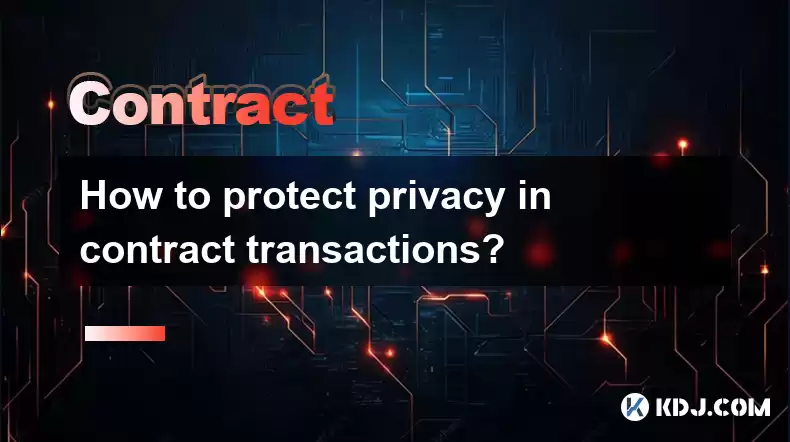
Key Points of the Article
- Understanding the Importance of Privacy in Contract Transactions
- Exploring Methods to Protect Privacy through Smart Contract Design
- Employing Off-Chain Transactions for Enhanced Privacy
- Utilizing Identity Management and Anonymization Techniques
- Implementing Privacy-Enhancing Technologies
Understanding the Importance of Privacy in Contract Transactions
In the realm of cryptocurrency and blockchain, the concept of privacy holds paramount importance. Contract transactions carried out on these decentralized platforms involve sensitive data and personal information, making it crucial to safeguard their confidentiality. Breaches of privacy can lead to various adverse consequences, such as:
- Data Manipulation: Unauthorized access to transaction details can allow malicious actors to manipulate contracts and exploit vulnerabilities.
- Financial Fraud: Sensitive financial information, including transaction amounts and wallet addresses, can be compromised, leading to fraudulent activities.
- Identity Theft: Personal data such as names, addresses, and identification numbers can be stolen and used for identity theft or other malicious purposes.
- Reputational Damage: Disclosing sensitive contract information can harm the reputation of individuals or organizations involved, especially in situations where confidentiality is paramount.
- Regulatory Compliance: Failure to maintain privacy can result in non-compliance with data protection regulations, leading to legal penalties and reputational damage.
Exploring Methods to Protect Privacy through Smart Contract Design
Smart contracts offer inherent advantages in enhancing privacy through their decentralized and tamper-proof nature. Developers can incorporate privacy-preserving mechanisms into their smart contract designs, including:
- Encryption: Encrypting sensitive data stored within smart contracts ensures that only authorized parties can access it.
- Hashing: Converting sensitive data into hashes prevents its direct revelation while allowing for efficient verification.
- Commitments: Cryptographic commitments allow parties to prove knowledge of information without disclosing it, preserving privacy during contract executions.
- Zero-Knowledge Proofs: Zero-knowledge proofs enable parties to demonstrate possession of information without revealing its contents, providing strong privacy guarantees.
- Privacy-Enhancing Libraries: Utilizing libraries and frameworks specifically designed for enhancing privacy in smart contracts simplifies the development process and ensures compliance with privacy best practices.
Employing Off-Chain Transactions for Enhanced Privacy
Moving certain aspects of contract transactions off-chain can provide additional privacy benefits:
- Privacy-Preserving Computation: Sensitive computations can be performed off-chain in a privacy-preserving manner, protecting data from exposure to the public blockchain.
- Confidential Messaging: Off-chain messaging platforms can be utilized to communicate sensitive information between parties without broadcasting it on the blockchain.
- Payment Channels: Payment channels allow for private and efficient transfer of funds off-chain, reducing the risk of transaction tracking and analysis.
- State Channels: State channels enable parties to create a private channel on which contract states can be updated without exposing them to the broader network.
Utilizing Identity Management and Anonymization Techniques
Identity management and anonymization techniques offer effective ways to protect privacy during contract transactions:
- Pseudonyms: Using pseudonyms or aliases instead of real names can help conceal the identities of parties involved in a contract.
- Zero-Knowledge Identification: Zero-knowledge identification protocols allow parties to prove their identity without revealing any identifying information.
- Ring Signatures: Ring signatures enable multiple individuals to sign a transaction, ensuring anonymity and preventing the identification of specific signers.
Implementing Privacy-Enhancing Technologies
Emerging privacy-enhancing technologies provide advanced solutions for protecting privacy in contract transactions:
- Privacy-Enhancing Coins: Cryptocurrencies like Monero and Zcash prioritize privacy by obscuring transaction details and sender/receiver information.
- Mixer Services: Mixer services provide anonymity by pooling transactions together, making it challenging to trace the origin and destination of funds.
- Homomorphic Encryption: Homomorphic encryption enables computation on encrypted data, maintaining privacy while conducting analysis and processing.
- Trusted Execution Environments (TEEs): TEEs create isolated and secure environments within a chip, allowing for the execution of privacy-sensitive operations.
FAQs
Q: What are the legal implications of violating privacy in contract transactions?
A: Breaches of privacy can result in legal consequences depending on the jurisdiction. Data protection regulations such as the General Data Protection Regulation (GDPR) in the EU impose fines and penalties for mishandling personal data.
Q: How can I ensure that my smart contract is privacy-preserving?
A: Incorporate robust encryption, hashing, and other privacy-enhancing mechanisms into your smart contract design. Consider using privacy-enhancing libraries and undergo thorough security audits to verify the privacy adequacy of your contract.
Q: Are there limitations to privacy protection in contract transactions?
A: While privacy-enhancing technologies and practices offer significant protection, certain limitations exist. Regulatory requirements, such as those combating money laundering, may necessitate the disclosure of transaction information in some cases. Additionally, blockchain transactions can still provide some level of metadata that can be analyzed for privacy risks.
Q: What are the trends in privacy-enhancing technologies for contract transactions?
A: The field is witnessing rapid advancements in privacy-enhancing techniques. Zero-knowledge proofs, homomorphic encryption, and trusted execution environments are emerging as promising solutions for maintaining privacy and security in various blockchain applications.
Q: How can I stay updated on the latest privacy-related developments in the cryptocurrency circle?
A: Joining industry forums, attending conferences, reading specialized publications, and following thought leaders in the field can provide insights into the evolving landscape of privacy in contract transactions and keep you informed about the latest advancements and best practices.
Disclaimer:info@kdj.com
The information provided is not trading advice. kdj.com does not assume any responsibility for any investments made based on the information provided in this article. Cryptocurrencies are highly volatile and it is highly recommended that you invest with caution after thorough research!
If you believe that the content used on this website infringes your copyright, please contact us immediately (info@kdj.com) and we will delete it promptly.
- Superman Takes Flight: A Deep Dive into the Comic Program and Coin Medals
- 2025-08-11 20:30:12
- Shiba Inu's Comeback Trail and the Meme Coin Mania: Can $SHIB Deliver a 12,000x Return?
- 2025-08-11 18:30:11
- Proof of Trust, Transparency, and User Safety: Keeping Crypto Real
- 2025-08-11 18:50:12
- Pudgy Penguins, Bitcoin Penguins, and the $22M Meme Coin Mania: A New York Perspective
- 2025-08-11 17:10:11
- Bitcoin L2 Heats Up: SatLayer (SLAY) Lists on KuCoin Amidst Layer-2 Boom
- 2025-08-11 16:50:12
- Ethereum, Coin Market Cap, and Solfart Token: A Wild Ride in the Crypto Universe
- 2025-08-11 17:50:12
Related knowledge
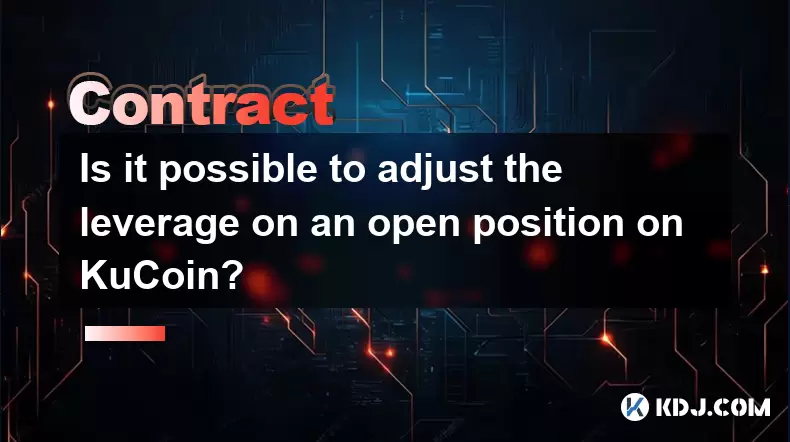
Is it possible to adjust the leverage on an open position on KuCoin?
Aug 09,2025 at 08:21pm
Understanding Leverage in KuCoin Futures TradingLeverage in KuCoin Futures allows traders to amplify their exposure to price movements by borrowing fu...
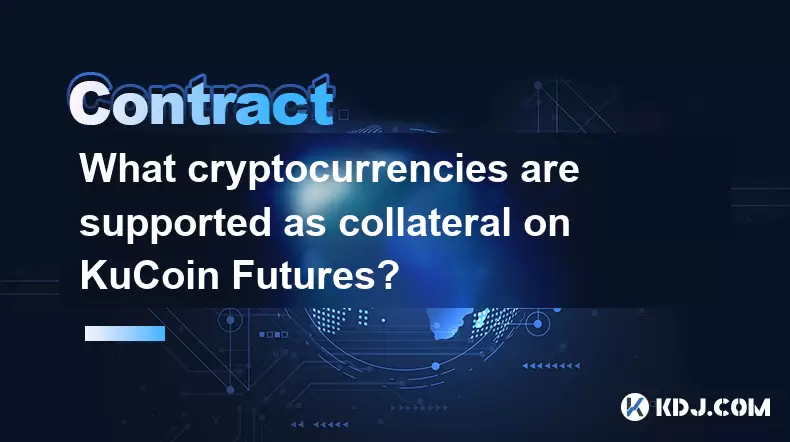
What cryptocurrencies are supported as collateral on KuCoin Futures?
Aug 11,2025 at 04:21am
Overview of KuCoin Futures and Collateral MechanismKuCoin Futures is a derivatives trading platform that allows users to trade perpetual and delivery ...
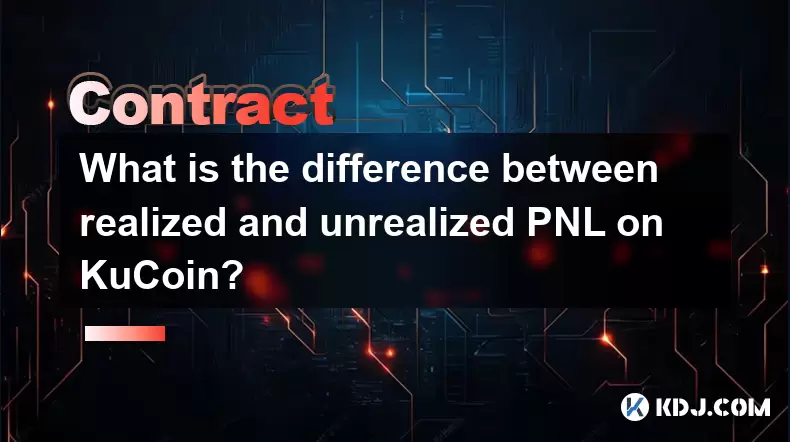
What is the difference between realized and unrealized PNL on KuCoin?
Aug 09,2025 at 01:49am
Understanding Realized and Unrealized PNL on KuCoinWhen trading on KuCoin, especially in futures and perpetual contracts, understanding the distinctio...
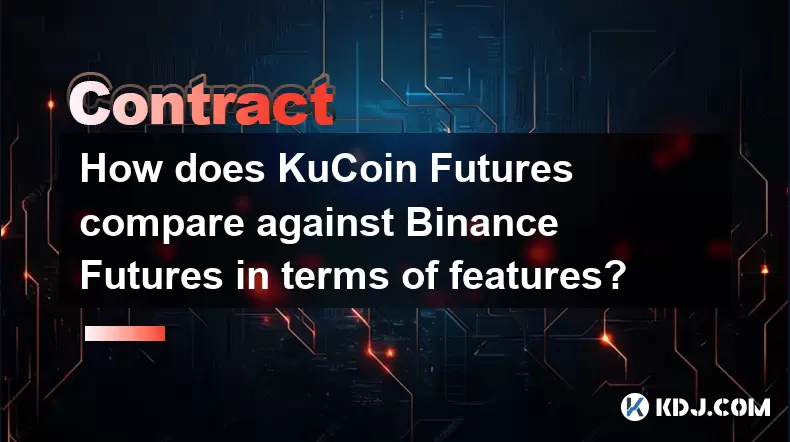
How does KuCoin Futures compare against Binance Futures in terms of features?
Aug 09,2025 at 03:22am
Trading Interface and User ExperienceThe trading interface is a critical component when comparing KuCoin Futures and Binance Futures, as it directly i...
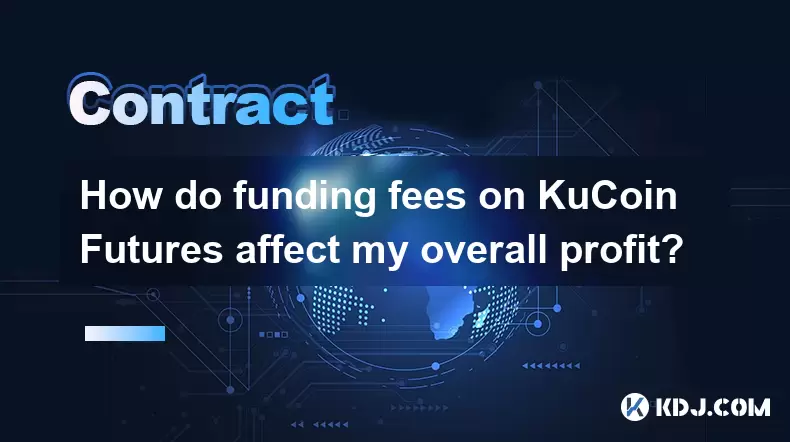
How do funding fees on KuCoin Futures affect my overall profit?
Aug 09,2025 at 08:22am
Understanding Funding Fees on KuCoin FuturesFunding fees on KuCoin Futures are periodic payments exchanged between long and short position holders to ...
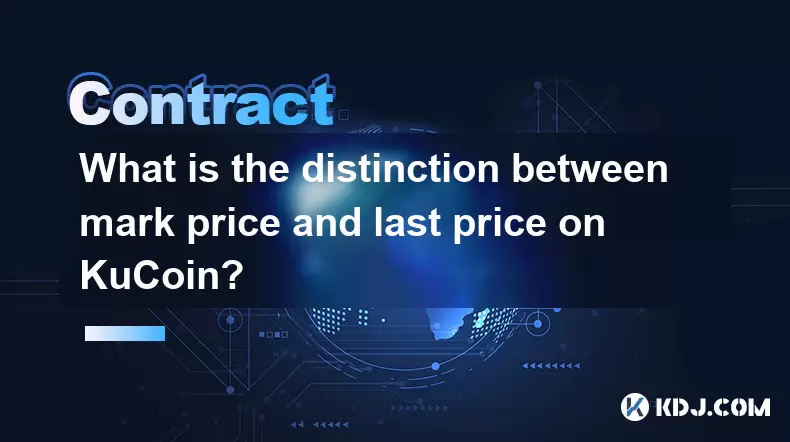
What is the distinction between mark price and last price on KuCoin?
Aug 08,2025 at 01:58pm
Understanding the Basics of Price in Cryptocurrency TradingIn cryptocurrency exchanges like KuCoin, two key price indicators frequently appear on trad...

Is it possible to adjust the leverage on an open position on KuCoin?
Aug 09,2025 at 08:21pm
Understanding Leverage in KuCoin Futures TradingLeverage in KuCoin Futures allows traders to amplify their exposure to price movements by borrowing fu...

What cryptocurrencies are supported as collateral on KuCoin Futures?
Aug 11,2025 at 04:21am
Overview of KuCoin Futures and Collateral MechanismKuCoin Futures is a derivatives trading platform that allows users to trade perpetual and delivery ...

What is the difference between realized and unrealized PNL on KuCoin?
Aug 09,2025 at 01:49am
Understanding Realized and Unrealized PNL on KuCoinWhen trading on KuCoin, especially in futures and perpetual contracts, understanding the distinctio...

How does KuCoin Futures compare against Binance Futures in terms of features?
Aug 09,2025 at 03:22am
Trading Interface and User ExperienceThe trading interface is a critical component when comparing KuCoin Futures and Binance Futures, as it directly i...

How do funding fees on KuCoin Futures affect my overall profit?
Aug 09,2025 at 08:22am
Understanding Funding Fees on KuCoin FuturesFunding fees on KuCoin Futures are periodic payments exchanged between long and short position holders to ...

What is the distinction between mark price and last price on KuCoin?
Aug 08,2025 at 01:58pm
Understanding the Basics of Price in Cryptocurrency TradingIn cryptocurrency exchanges like KuCoin, two key price indicators frequently appear on trad...
See all articles

























































































